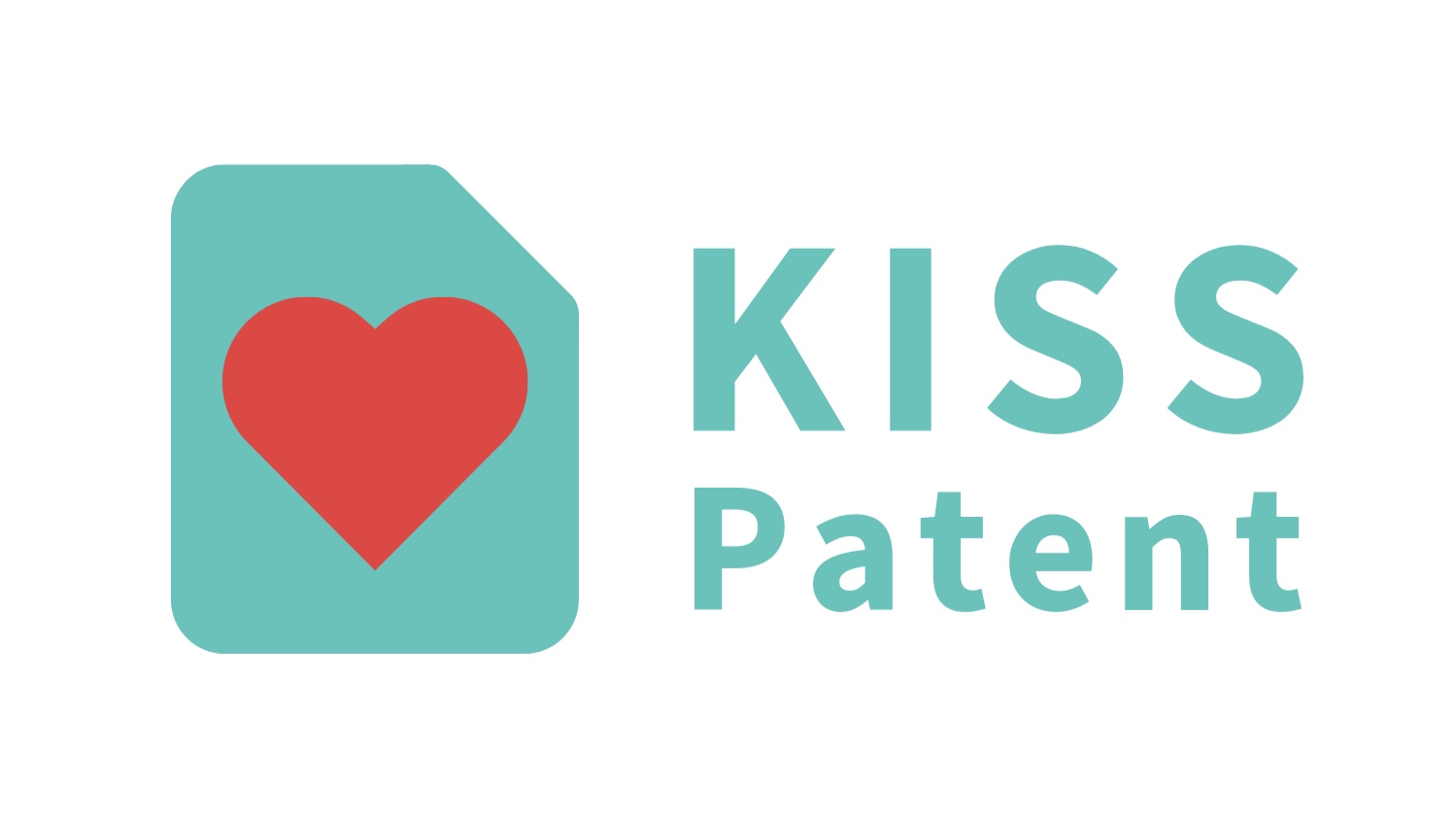Voting machines are vulnerable to viruses and malware – and this could affect the next US election. But patents push transparency as new patented voting tech could stop hackers while being openly shared.
With elections being as contentious a topic as ever, I want to talk about viruses and voting machines, and ask a scary question: “Can American democracy be hacked?”
Voting is on everyone’s mind, particularly in regard to the US presidential campaign. As of this video, massive numbers of voters have turned out for the primaries, but we still don’t know who the Republican and Democrat candidates for president will be.
Voting only works if an election is free and fair – that is, everyone’s vote needs to be counted once and only once. Plus everyone’s vote counts, so all votes have to be correctly collected and tallied.
I can tell you from personal experience while growing up in Chicago, this wasn’t always the case, even in the US. For years, Chicago was plagued by fraudulent voting, leading to such infamous slogans as “Chicago – Vote Early and Often” and “Chicago – Where The Dead Can Vote”.
When I was young, paper ballots were used – and they still are in many places. Paper ballots have many problems, including the infamous “hanging chad” case in which it was difficult to tell which candidate the voter had selected during the US presidential election in 2000. That case went all the way up to the US Supreme Court which ultimately determined the outcome of that race, with President George W. Bush being elected.
Poor voting technology clearly led to all kinds of problems that diluted each person’s vote. Yet, voting technology hasn’t really improved.
WHY VOTING TECHNOLOGY HASN’T REALLY IMPROVED
Now it seems that we have much better technology with electronic voting machines. But these machines are still vulnerable. As reported by PC Magazine years ago, Diebold’s original voting machines, which were widely used across the US, were vulnerable to hack attacks. Hackers that only had access to one machine could still perpetrate an attack across an entire voting machine network.
Recently Ars Technica reported that voting machines made by Advanced Voting Solutions – and used until recently in Virginia and Pennsylvania – were astonishingly easy to hack because all of the machines used the same hard-coded, easy to guess passwords. One of these passwords was “admin” – seriously. Admin!
Wired Magazine claimed recently that “America’s Electronic Voting Machines Are Scarily Easy Targets“.
WHY NEW VOTING TECH ALONE WON’T STOP HACKERS
What’s needed is new voting tech. But new tech alone isn’t enough. The technology needs to be shared freely and openly, so that vulnerabilities can be found – and patched. Yet many companies are afraid to be so transparent about their technology.
Patents push transparency because they allow companies to freely share technological details. Patents keep technology from being stolen by copycats. But this hasn’t yet happened with voting tech.
One startup that wants to change all of this – and create highly secure voting machines to safeguard US democracy – is the Boston startup Clear Ballot. Clear Ballot’s technology can work with paper ballots and other types of ballots, to quickly and accurately scan the ballot and count the results – which it then stores securely.
Clear Ballot has decided to be fully transparent with its technology. Its machines can be repaired with off the shelf parts, and it is very open about how its technology works – giving election officials and the public a greater feeling of security and trust.
To protect itself, rather than keeping its technology a trade secret – which would not create trust with the voting public or the government – Clear Ballot instead decided to file for patents in multiple countries, including the US, Europe and Canada. This way Clear Ballot can be open and transparent, but still keep competitors from stealing its valuable technology.
PATENTS PUSH TRANSPARENCY
This brings up another important function of patents, which is to promote sharing. In many cases, your market and stakeholders who influence your customers want transparency from your startup. They want to know how your technology works to build a sense of trust and comfort in relying on your startup’s technology.
Trade secrets block your startup’s ability to be open and transparent and can kill that much needed trust with your customers and stakeholders. But patents allow your startup to open up and create trust, by freely sharing details about your technology, while still protecting your business!
Not to mention that patents can add a million dollars or more to your startup’s valuation – but that’s the subject of another post!
In other words, patents push transparency while allowing you to protect your startup’s valuable ideas.
Wondering if your idea is patentable? Have a question about this article? We can answer all of your questions — just hit "contact us" down below!











